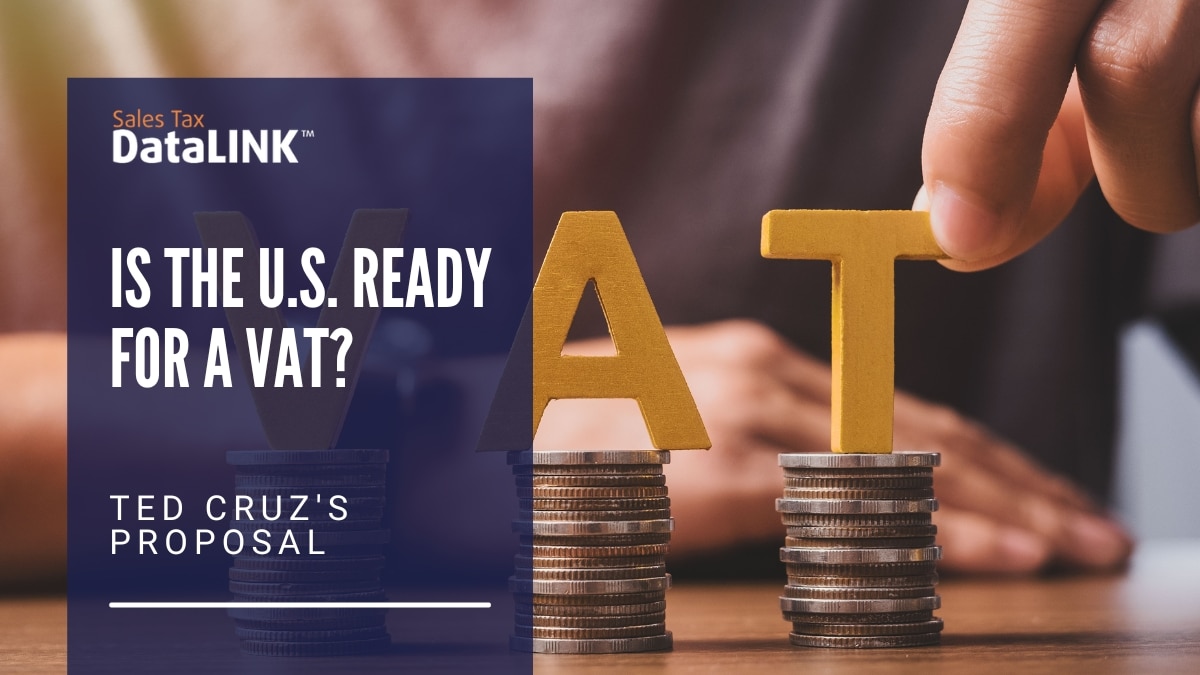VAT, or value-added tax, is different from sales tax, in that everyone along the supply chain pays.
Socks bought by a consumer in a department store have had taxes paid on them every time someone has added value — so the fleece from a sheep gets washed, carded, spun, dyed, and knitted into socks, getting a little more value every time, and tax is paid every time. When those socks are packaged, transported to a store, and sold, there’s more tax at every point.
Presidential candidate Ted Cruz is recommending a VAT. But is the U.S. ready to make that change?
First, let’s acknowledge that Cruz isn’t calling his plan a VAT. He’s calling it a “business tax.” His claim is that it will allow the government to eliminate payroll taxes, estate taxes, and corporate taxes while lowering and simplifying income tax rates. Fortune says it’s a VAT and that it will raise consumer costs by about 12%. If Fortune is correct, the new tax plan will be the equivalent of a large sales tax increase, but it won’t show up as a separate item on receipts, so consumers may get used to it and quickly stop noticing it. This is in fact one of the concerns people have with VAT.
This type of tax is used in 160 countries around the world — every major developed nation but ours, in fact — and history has shown that it can allow governments to disguise the amount of taxes they’re actually collecting. Raising sales taxes is usually a fairly public operation, often involving public votes. Raising the VAT can be done quietly in the legislature.
At the same time, a VAT usually causes price hikes, since businesses can and generally do pass the whole cost of the VAT on to consumers. The resulting rise in prices affects the rich and the poor alike… but the poor are less able to pay for that 12% price increase in food and clothing than the rich. That’s why sales taxes usually don’t apply to necessities of life. So the VAT has something to dislike for both ends of the political spectrum.
But there is one place in the U.S. that has already planned a VAT: Puerto Rico.
The U.S. territory will begin using a VAT on April 1st. Puerto Rico already has the highest sales and use taxes in the country: 10.5%. Puerto Rico has not made any cuts in income tax or other types of taxes and doesn’t plan to do so. The Weekly Sales Tax Report says that the territory is probably going for some specific benefits of value-added tax compared with sales tax: it often lets governments collect more revenue with less administrative expense. Before the general election in November, Puerto Rico will have played guinea pig for a U.S. VAT, and voters will be able to draw some conclusions on whether such a tax will work well in the U.S. or not.
Excited about the VAT as a political issue? Watch the section of the Republican debate where Cruz and Marco Rubio discuss it or let us know how you feel on our Facebook and LinkedIn pages!




